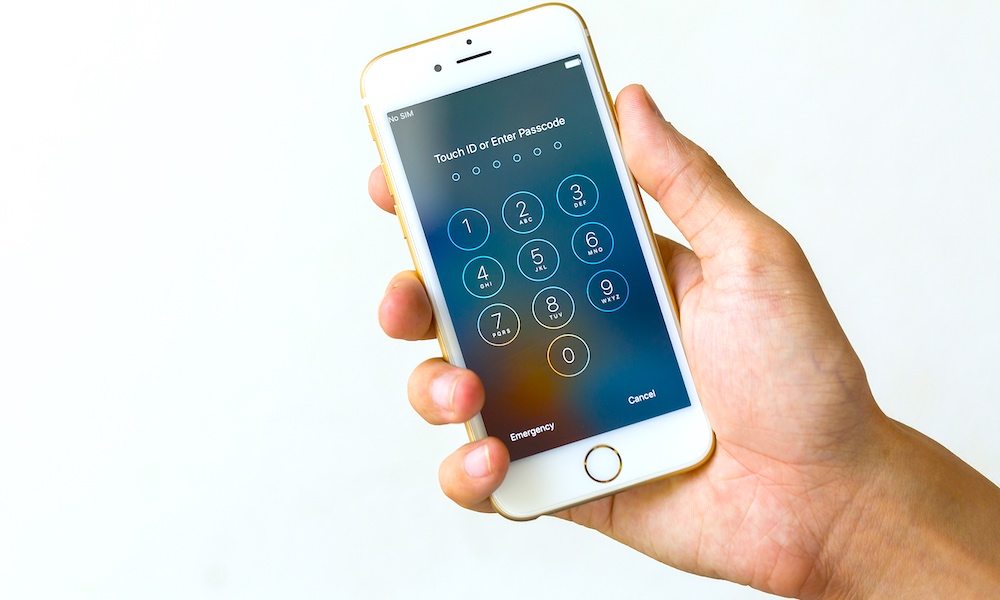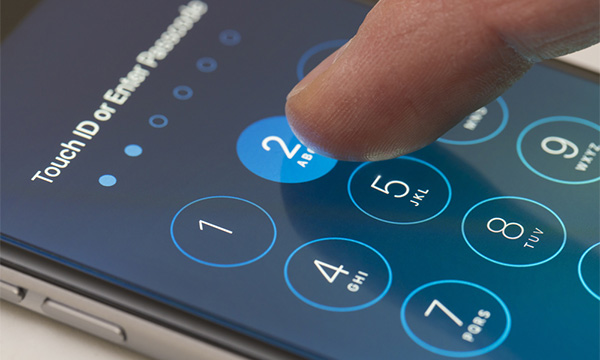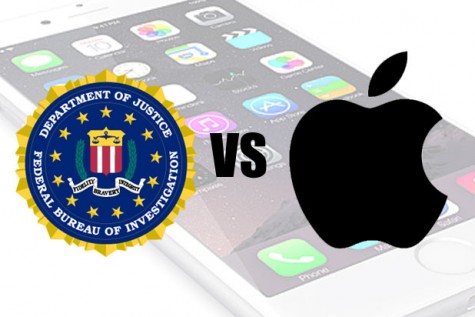FBI to Unlock Additional iPhone and iPod Belonging to Defendants in an Arkansas Double-Murder Trial

Toggle Dark Mode
Now that the FBI has found a way to access Apple’s iOS via an undisclosed “backdoor” — well, I guess it’s only reasonable to assume that the floodgates have officially opened, right? And so, as Apple initially suggested, its worst nightmare might soon become reality.
The FBI — with its new backdoor method in hand — has just begun assisting authorities by unlocking additional iPhones. To that end, the FBI has recently approved a request from the Conway, Arkansas Police Department — which inquired if the department could utilize the federal agency’s newly acquired iPhone hacking prowess to unlock an additional iPhone and iPod — both of which have been deemed crucial evidence as pertinent to an Arkansas murder case involving two minors.

That’s the gist of what’s currently going on, at least, though still unclear is whether or not the FBI intends to utilize the same technique it employed to unlock the infamous iPhone 5c belonging to Syed Rizwan Farook in the San Bernardino, California terrorist attack.
As you might recall, Apple originally professed an inability to unlock the iPhone 5c in that case, primarily in light of enhancements to the security of iOS wrought by version 8.0.
Long story short, a court order was issued in that highly-publicized case, seeking to ultimately compel Apple to unlock the iPhone. However, the company vehemently resisted the FBI’s requests, mainly because opening the device would require Apple to create a new version of iOS — appropriately dubbed “Govt.OS.” Apple’s CEO, Tim Cook, was fearful that the code for such a volatile, unsecured mobile operating system would end up falling into the wrong hands, which would have potentially catastrophic implications on the security of digital content stored on every iPhone, iPod, and iPad the world over.
For its part, however, Apple is currently demanding that the FBI reveal the method by which it was able to access the data stored on Farook’s iPhone — though only so the tech-giant can close the loophole via a software update. In other words, it’s all a cat and mouse game now.

As for the Arkansas double-murder case, a judge in the case recently had put the trial of 18-year-old Hunter Drexler on hold, while prosecutors requested assistance from the FBI in breaking into the defendant’s iPhone and iPod. Prosecutors argue, very similar to the San Bernardino case, that those two iDevices could potentially contain information or evidence related to the July, 2015 murders of Robert and Patricia Cogdell. Supposedly, according to court documents, the couple was raising the second defendant in the case, 15-year old Justin Staton, as their grandson, when he and Drexler allegedly plotted and carried out the double-homicide.
The trial should resume shortly, however, now that the FBI has agreed to lend its hand.
Learn More: Leak Suggests iPhone 7 Will Have Greater Battery Power than iPhone 6s
What are your thoughts about this ongoing dispute between Apple and the FBI? Could the FBI’s knowledge of how to access an otherwise secure iPhone become a pressing issue of government over-reach into the private sector?






